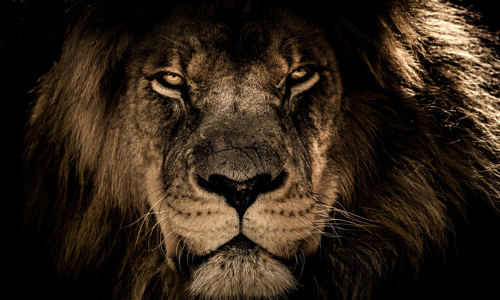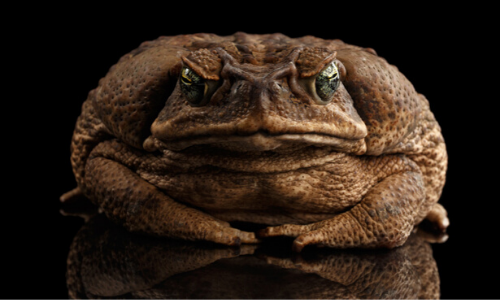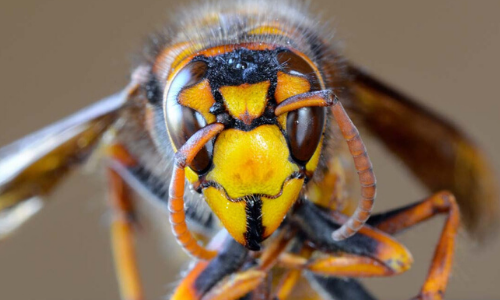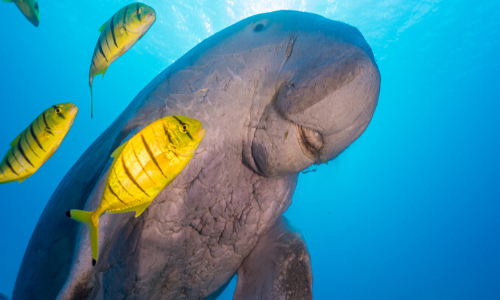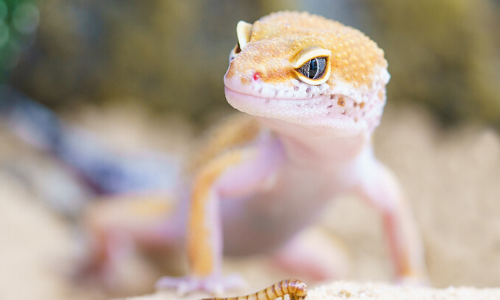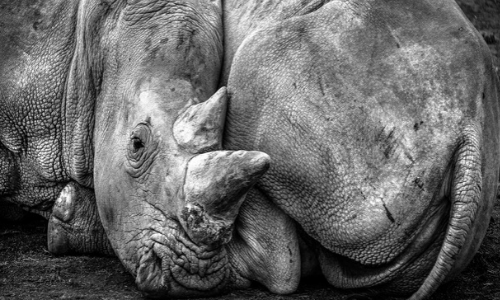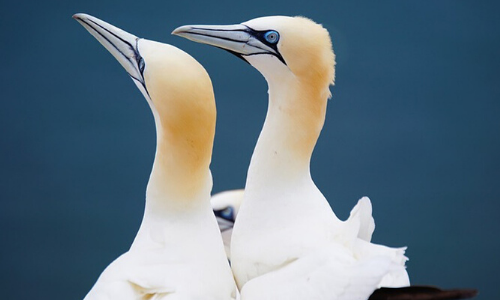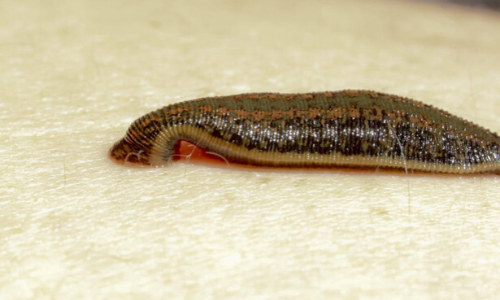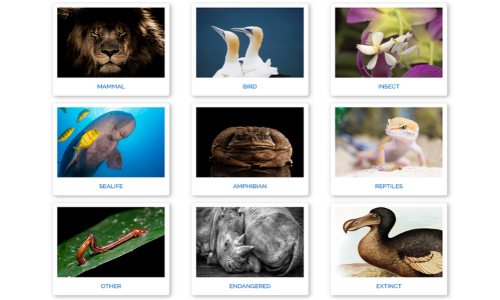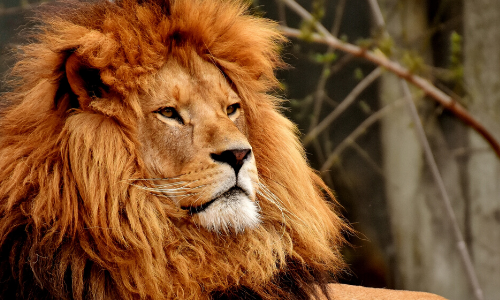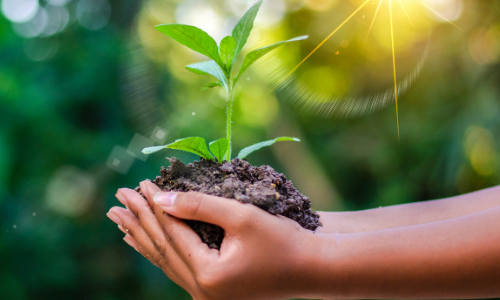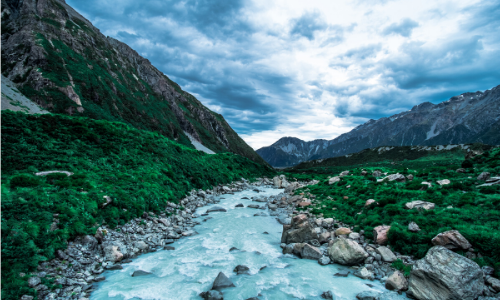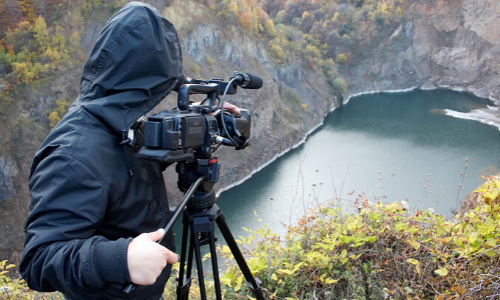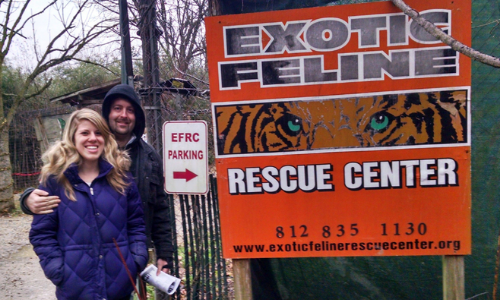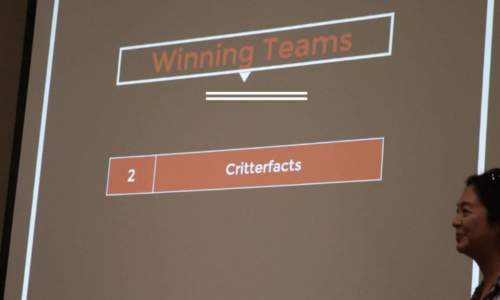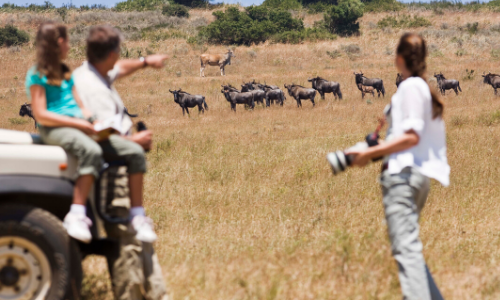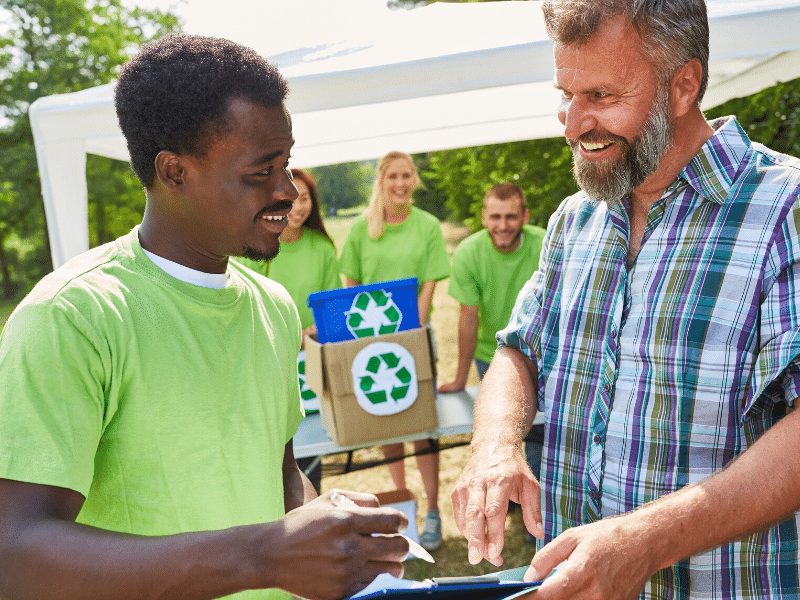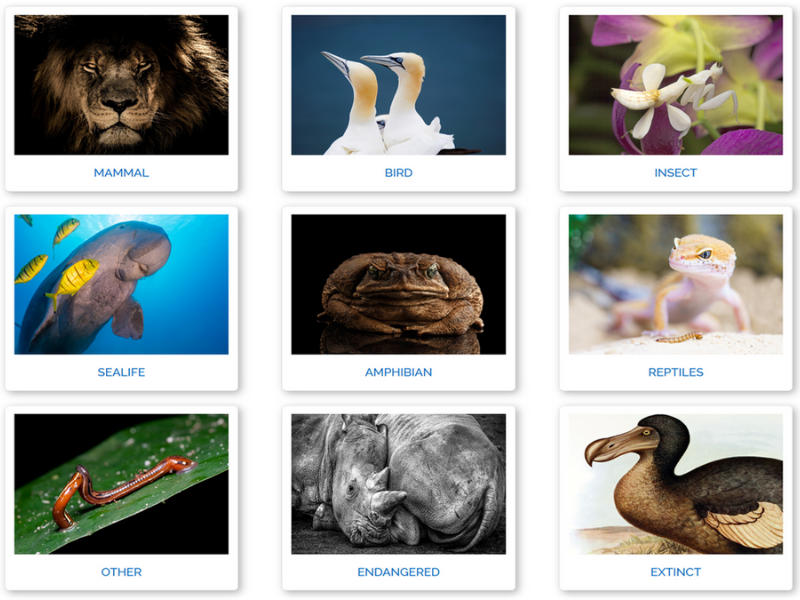We are all responsible for ourselves. Your health, safety, and vitality is all on you. Has anyone ever asked you who your hero is? You are your hero. And you can prove it to yourself every single day. I have no doubt that you are capable of taking care of yourself. But in our distracted society, it is increasingly difficult to take ownership of our own well-being and listen to our bodies.
It’s a lot easier to drink a pot of coffee than, say, get to bed on time. Or to pop an aspirin instead of figuring out what you did to cause that nagging headache. When we are out in nature we need to pay attention. Really pay attention. To our surroundings and to the signals our bodies are sending us.
As we spend more time outside, it is important that we take a little bit of time to ensure our safety while we are experiencing the natural world. Whether it be sitting on a park bench, or out for a few mile walk, there are a few basic things to consider. If you are interested and want to learn more, you can look for first aid classes through different outlets such as the American Heart Association or NOLS (National Outdoor Leadership School).

First off, it is important to know roughly how long you plan on being away from your home. Preparation for a one hour rendezvous looks a tad bit different than prep for a 12-hour affair. Take some time to look at details of where you plan on going: directions, proximity to amenities, habitat type, terrain, etc. A one-mile stroll can vary greatly in difficulty depending on the variation in elevation and climate.
At the risk of making awkward small talk on our first date, I need to mention something: weather. Look out the window. Stand outside the door for a full minute to feel the air. Look at your preferred weather station. Know before you go. Weather changes quickly, but it is nice to know if there is a prediction of 50 mph winds and lightning. Use your best judgment here, and reschedule if you are uncertain. In order to keep yourself safe, you need to respect nature and what it is capable of.
A very important topic for basic safety is knowing your limits. Not the limits you perceive to be the best for people your age, or the limits of your favorite athlete; your personal limits. No one knows these better than you. Immersing yourself in nature is not a competition. It is meant to be nurturing for your physical and mental state, not harmful.
Take a few minutes to scan the current state of your body and mind before you plan on recreating outside for any length of time. Your ability changes daily, so please be mindful of factors that may affect your cognitive abilities such as stress, sickness, lack of sleep, or even hunger. That trail, mountain, river, or exotic migrating species of bird will all be there again in the future. Listen to your body. You know when it is time to rest, turn around, or go home. Remember, you can always immerse yourself from a simple spot right outside of your home.

If you have the ability to read this, I am confident you have the ability to keep yourself fed and hydrated. But, it can be different when you are outside, not in a climate-controlled setting, so it can be easy to underestimate your body’s requirements. If heading out for more than a few hours, I would recommend bringing along more food and water than you think you need. If you don’t use it, you just bring it back home and high five yourself for being prepared. Nothing spoils your time in the soil like being cranky from lack of proper fuel. Your needs will depend on location, season, and personal health and fitness.
If you have the means to visit a forest setting or any patch of land that is not manicured and landscaped, you might be surprised when you feel a bit uneasy, out of place, or vulnerable at first. This is okay. Embrace the feeling and let it sink in. Eckhart Tolle, a spiritual teacher, explains this phenomenon quite well: “The mind is more comfortable in a landscaped park because it has been planned through thought; it has not grown organically. There is an order here that the mind can understand.
In the forest, there is an incomprehensible order that to the mind looks like chaos. It is beyond the mental categories of good and bad. You cannot understand it through thought, but you can sense it when you let go of thought, become still and alert, and don’t try to understand or explain. Only then can you be aware of the sacredness of the forest. As soon as you sense that hidden harmony, that sacredness, you realize you are not separate from it, and when you realize that, you become a conscious participant in it. In this way, nature can help you become realigned with the wholeness of life.”

It is okay to feel discomfort in new settings. That is how we learn, that is we evolve, that is how we heal Being uncomfortable and being unsafe are two different scenarios. Temporary discomfort (or pushing past your comfort zone) can lead to all kinds of personal growth and is highly beneficial, just like temporary muscle strain from lifting weights leads to muscle growth. Dirt, sweat, a brisk breeze, insects? You can handle it.
A great way to add safety to outdoor excursions is to bring a friend. A friend can help you up if you fall, go for help if you need it, help with navigation, and in most cases, be a soul to share the experience with. In some landscapes, such as areas where grizzly bears roam, it is often advised by land managers that recreators travel in groups.
Don’t have friends that are willing to leave their laptop? Opt for a more populated town park if you are new to outdoor recreation, where there will reliably be people picnicking, walking, or out for a jog. You can also check out local groups who may plan group walks or various events outside. You can even try volunteering for local parks, environmental organizations, or even animal shelters to get outside with community members (human or furry members).
The best safety tool is your mind. If something does not go as planned, remember to come back to your senses to keep calm, and make your next move from a place of awareness, instead of fear or panic. Oh, and, don’t feed the wildlife, please. They don’t need Cheetos, and neither do you.

